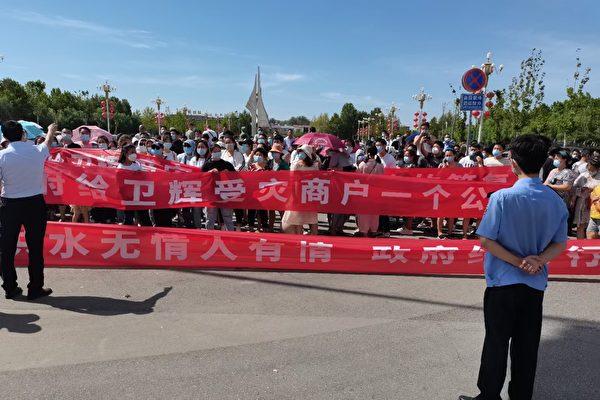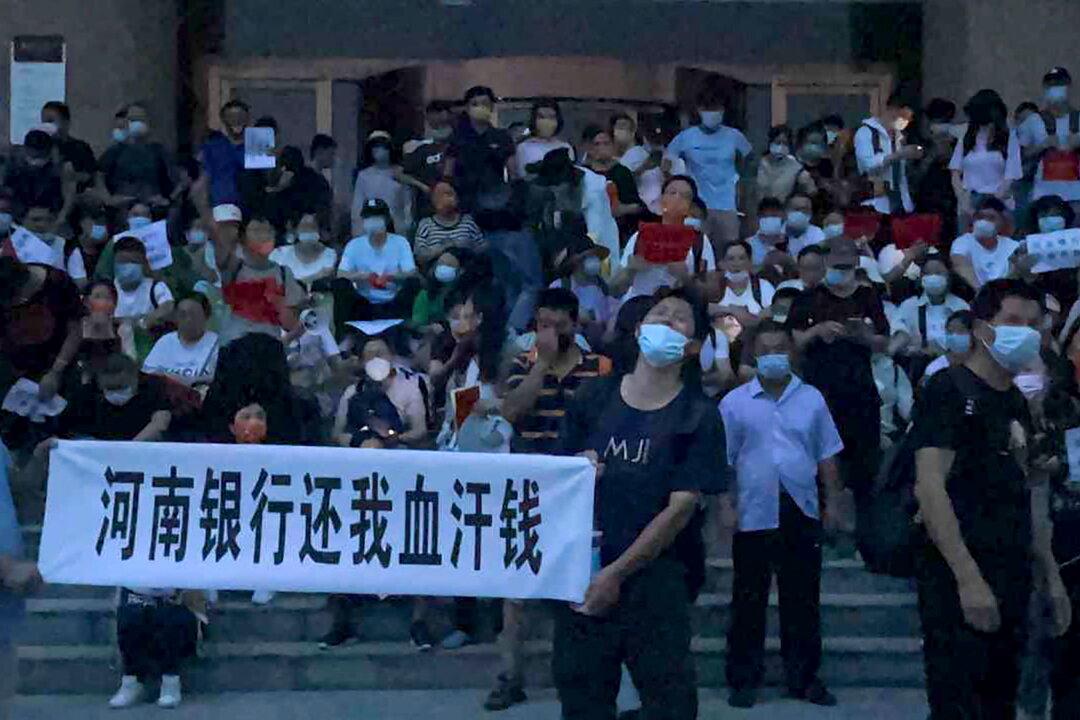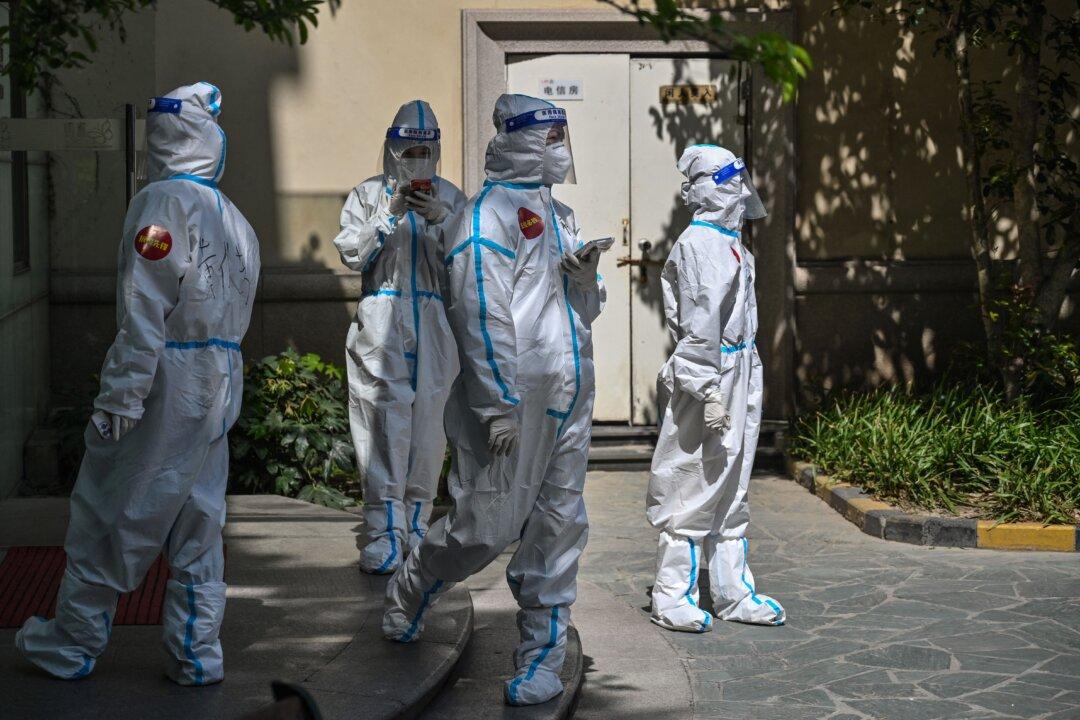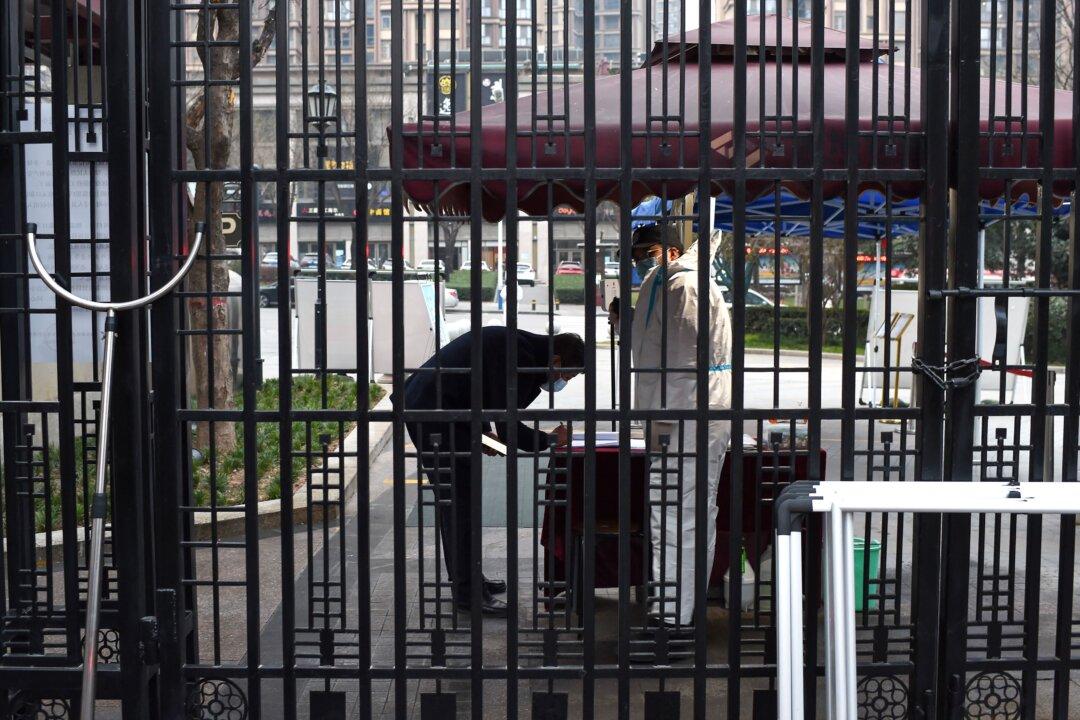After more than a month since a devastating July flooding in China’s central Henan Province, residents are struggling to get displacement subsidies of a maximum of $162 per person.
Heavy rainfall poured down from July 17 to July 20 in Henan. Floods affected half of Weihui city’s 600,000 residents, and displaced about one-third of the locals, The Epoch Times reported on July 30.




